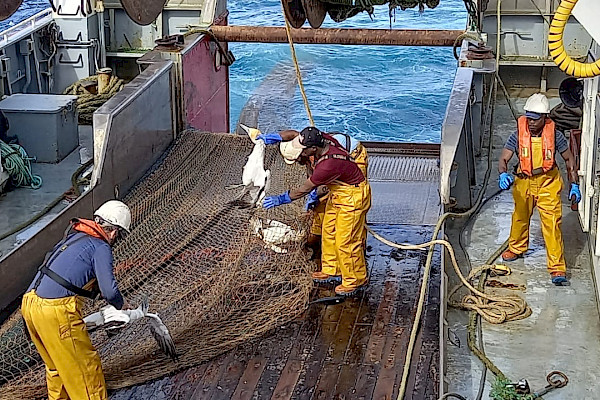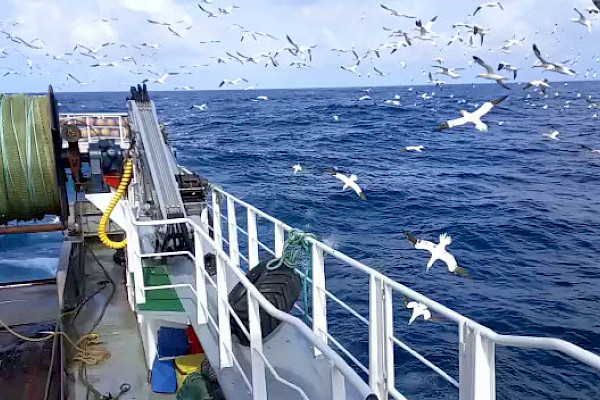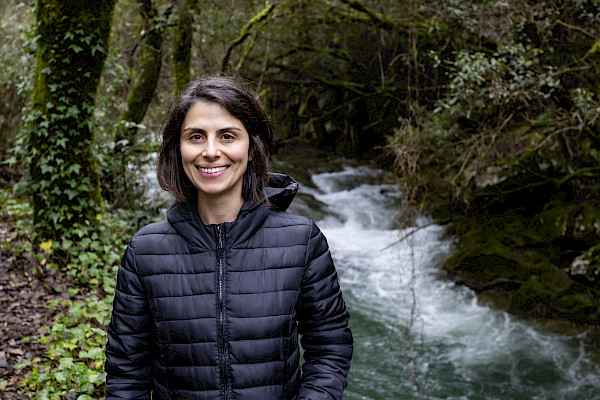9 million to reduce marine megafauna bycatch
"REDUCE - Reducing bycatch of threatened megafauna in the east-central Atlantic" has just received funding from the Horizon Europe programme.
Abridged translation: Diana Taborda
The Faculty of Sciences and Technology of the University of Coimbra (FCTUC) is part of an international project to reduce bycatch of marine megafauna. REDUCE - Reducing bycatch of threatened megafauna in the east-central Atlantic" has just received funding of around €9 million from the Horizon Europe programme.
The University of Barcelona leads the project consortium, with Catarina Silva from the Department of Life Sciences (DCV) coordinating the Work Package related to bycatch monitoring. DCV researchers Zara Teixeira and Filipe Martinho are also part of the FCTUC team.
Bycatch, the unintentional capture of non-target species in fisheries, is a significant global threat to marine megafauna. It can account for up to 40% of total catches, resulting in an estimated 38 million tonnes discarded annually worldwide. This practice disrupts the marine food chain and further endangers species already threatened by various human activities. There are already several national, European and international regulations that share the common goal of aligning fishing practices with environmental protection measures, to ensure the preservation of endangered marine species, in line with the European Union's Biodiversity Strategy.
“REDUCE will specifically focus on the development and testing of advanced technologies and management strategies to assess, monitor and reduce bycatch of various marine species (e.g. birds, turtles, cetaceans, sharks and rays) in the European long-distance fishing fleet operating in Atlantic waters - from the Iberian Peninsula to Macaronesia and the Gulf of Guinea”.
Catarina Silva explains that “bycatch monitoring aims to enhance traditional onboard observation and monitoring programs by combining them with the use of cutting-edge onboard electronic monitoring systems (EMS), allowing for rigorous testing of their operation and effectiveness”.
The project consortium comprises 13 partners from countries including Spain, France, Portugal, the UK and Senegal.



